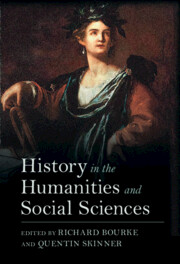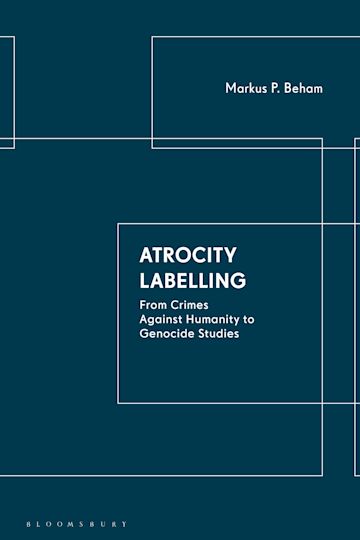The Multifaceted Notion of Time in International LawKlara Polackova Van der Ploeg, Luca Pasquet
Pages 1-24
Constructing and Attributing Meaning to Time in International Law
Pages 25-25
Lawyers as Creators of Law’s Temporal Reality: A Pragmatic Approach to International Law
Eric Wyler, Arianna Whelan
Pages 27-50
Human Rights in Time: Temporalization of Human Rights in Historical Representation
Juhana Mikael Salojärvi
Pages 51-70
Interstellar Justice Now: Back to the Future of International Law
Bérénice K. Schramm
Pages 71-97
Digressing Towards Justice: International Criminal Law’s Narrative of Moral Transit Through Violence
Timothy William Waters
Pages 99-109
Time in International Lawmaking
Pages 111-111
How Instant and Universal International Law Is Born and How It Dies: The 1856 Declaration of Paris
Jan Martin Lemnitzer
Pages 113-133
Incrementalism in International Lawmaking: The Development of Normative Frameworks of Protection for Forcibly Displaced Persons
Rob Grace
Pages 135-152
The Politics of Time in Domestic and International Lawmaking
Tommaso Soave
Pages 153-174
Life Cycles of International Law as a Noetic Unity: The Various Times of Law-Thinking
Thomas Schultz
Pages 175-192
Time and the Operation of International Law
Pages 193-193
Time-Traveling Rules of Interpretation: Of ‘Time-Will’ and ‘Time-Bubbles’
Panos Merkouris
Pages 195-219
Time and Tide Wait for No One: The Curious Consideration of Time in International Investment Treaty Law
Robert Howse, Barry Appleton
Pages 221-236
The Relevant Time for Assessing Jurisdiction and the Ratione Temporis Objection in the Genocide (Croatia v. Serbia) Case
Lorenzo Palestini
Pages 237-262
Of Relevant Dates and Political Processes: State Succession and the Dissolution of the Former Yugoslavia
Asier Garrido-Muñoz
Pages 263-281
China, Confucian Time and International Law: A Normative and Behavioral Account
Matthias Vanhullebusch
Pages 283-309
International Law Between Change and Stability
Pages 311-311
International Law Through Time: On Change and Facticity of International Law
Klara Polackova Van der Ploeg
Pages 313-333
More information with Springer.







